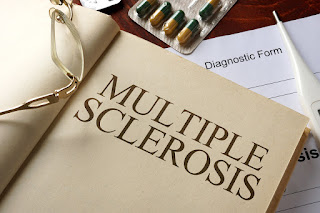That’s why you might notice new symptoms or the return of old symptoms. A true relapse lasts more than 24 hours and happens at least 30 days after any previous relapses.
Relapses vary in length, severity, and symptoms. Over time, symptoms should improve. Many people recover from their relapses without treatment.
Damage to the protective covering of nerve fibers interrupts normal signals from the brain to the body. When those signals are disrupted, your body doesn’t function like it once did. Things you did easily before can seem difficult — like opening a jar or turning a doorknob. Sudden or worsening weakness that doesn’t go away could mean you’re having a relapse.
If your vision is blurred or you’re seeing double, you could be starting to relapse. Some people also lose their depth or color perception as the optic nerve becomes inflamed. Taking a hot shower or bath or having a viral infection like the flu can sometimes trigger vision problems, but these are only temporary and should go away within a day.




